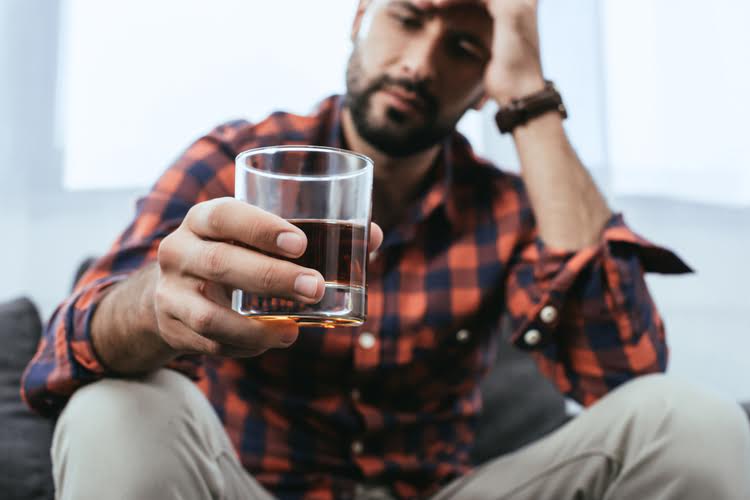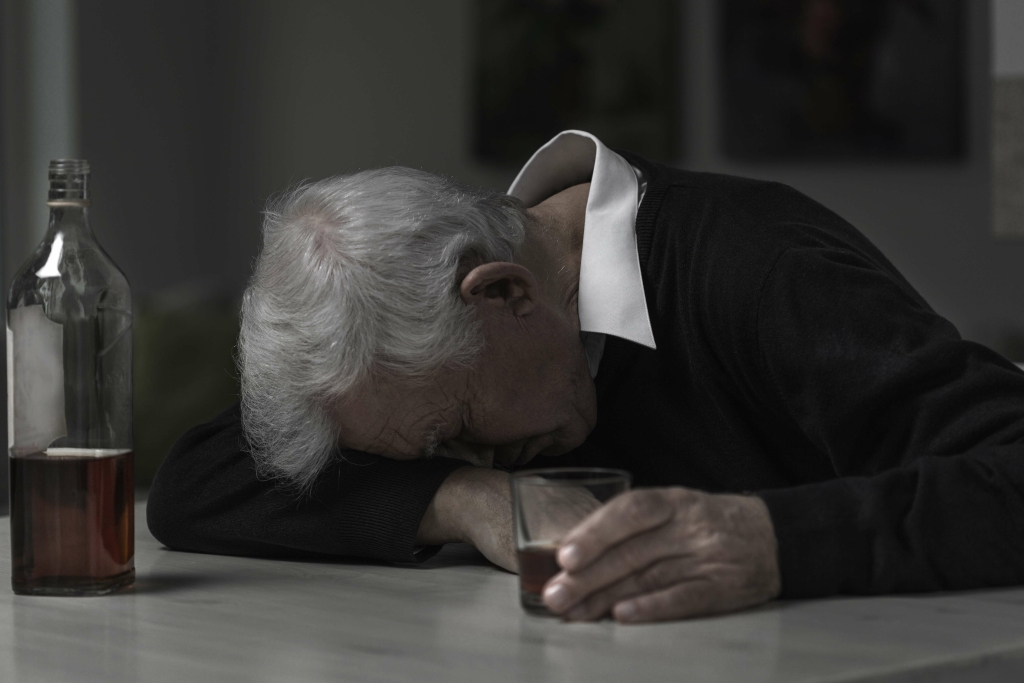Moderate alcohol use is generally safe while taking most blood thinners. For healthy adults, doctors recommend limiting alcohol intake to a maximum of two drinks a day for males and one drink a day for females. If you take a blood thinner, be sure to follow your health care provider’s https://natureworld.ru/index.php?option=com_content&view=article&id=115&catid=1&itemid=40 advice on dosing. Ask about foods and other medications — including drugs you buy without a prescription and herbal supplements — that can interfere with how the blood thinner works.
Types and Common Blood Thinners
- If you notice any of these symptoms, seek medical attention right away.
- However, they are not regulated by the Food and Drug Administration (FDA), and the concentration of active compounds in supplements is not consistent.
- If you don’t treat it, you are at a higher risk of having a stroke.
- These medications are intended to treat blood clots in people who have them or reduce the risk of them forming.
- Research has found that alcohol affects the process of blood coagulation.
However, these effects are generally temporary and not significant enough to be classified as a blood-thinning mechanism. Some people may need blood thinners for a few months, while others may require lifelong therapy. A doctor will https://urs-ufa.ru/en/reinforced-concrete-rings-for-a-well-basic-requirements-for-the-production-process.html determine the appropriate length of time based on an individual basis.

Should You Drink Alcohol While Taking Blood Thinners?
Although alcohol is not a blood thinner, it can still have effects on the blood and its clotting factors. To fully understand the relationship between alcohol and blood thinners, it is important to first gain an understanding of what blood thinners are and how they work. Additionally, it is necessary to debunk the common myth surrounding alcohol as a blood thinner. Talk to your doctor if you’re on blood thinners and thinking about having a baby. If you’re already pregnant, double-check with your doctor to make sure the blood thinner you’re on won’t harm the baby. When you cut yourself, that’s what seals your wound and keeps you from losing too much blood.
What are the long-term side effects of blood thinners?
Alcohol is mostly broken down in the liver, which serves to filter out toxins from the blood. Alcohol can stimulate the liver to then increase production of HDL (high-density lipoprotein cholesterol), which can then work to break down LDL (low-density lipoprotein cholesterol). HDL is considered “good” cholesterol while LDL is classified as “bad” cholesterol, a buildup of which can be a contributing factor in a heart attack.
Can You Drink on Blood Thinners?
- Alcohol may then raise the level of triglycerides, or fats, in the blood.
- Alcohol affects how well your blood clots, potentially negating the effects of the blood thinners or increasing them to a dangerous level.
- Talk to your doctor if you’re on blood thinners and thinking about having a baby.
- Blood thinners, also known as anticoagulants, work by inhibiting the clotting process in the blood.
- Different antiplatelets block different proteins in this process.
- While anticoagulation medications can be lifesaving, they carry a risk of bleeding.
- For instance, some anticoagulants do this by competing with vitamin K, which your body needs to make proteins called clotting factors.
If you are concerned about enjoying a glass of wine after taking Aspirin, continue reading to learn about the risks and safety considerations of mixing alcohol and blood thinners. Avoiding the combination of blood thinners and alcohol is much more difficult for those addicted to alcohol. Even though it could be harmful, people who struggle with alcohol abuse may find themselves combining alcohol and blood thinners even though they know they shouldn’t. Coumadin is one of the most commonly used blood thinners in the U.S., but it carries a 3% to 6% risk of major bleeding. Alcohol should be avoided when taking Coumadin, as it is one of the most serious risk factors for complications with this medication.


They can also allow your body to absorb the clot through the walls of your veins over time. Addiction Resource is an educational platform for sharing and disseminating information about addiction and substance abuse recovery centers. Addiction Resource is not a healthcare provider, nor does it claim to offer sound medical advice to anyone. Addiction Resource does not favor or support any specific recovery center, nor do we claim to ensure the quality, validity, or effectiveness of any particular treatment center.
How long can I stay on these medications?

Like vitamin K, these all contain compounds that can counteract the http://uniton.by/index.php?view=search&query=angry&look=allwords good things that blood thinners do. Watermelon, apples, bananas, pears and peaches are also safe fruit choices. “It’s important to understand drug-food interactions when you’re taking a blood thinner like warfarin (Coumadin®) the most common one,” warns Dr. Bishop. It’s recommended to limit alcohol intake to no more than one drink/day for women and no more than two drinks/day for men. It’s advisable to spread alcohol consumption over at least three days.
- If you’re already pregnant, double-check with your doctor to make sure the blood thinner you’re on won’t harm the baby.
- It’s important to note that alcohol’s effects on platelet function are complex and can be influenced by various factors.
- When alcohol is consumed in conjunction with blood thinners, there are a few key interactions to consider.
- For example, alcohol consumption may have a more pronounced effect when combined with certain blood thinners like warfarin.
- Even just drinking regularly for a long time can damage the body and have harmful side effects.
Short-term alcohol use can lead to high blood pressure and thinned blood because it hinders blood cells’ ability to clot. Long-term, excessive drinking can decrease your heart’s ability to function correctly. As many as three million people take blood thinners each year, but some may not be aware of how these medications interact with substances like alcohol.
Types of Drug Interactions With Alcohol
Moderate alcohol consumption may lead to a temporary increase in platelet activity, potentially resulting in a more rapid blood clot formation. However, excessive alcohol intake can have the opposite effect, impairing platelet function and potentially increasing the risk of bleeding. Combining alcohol with blood thinners can significantly increase the risk of bleeding.


0 Comment